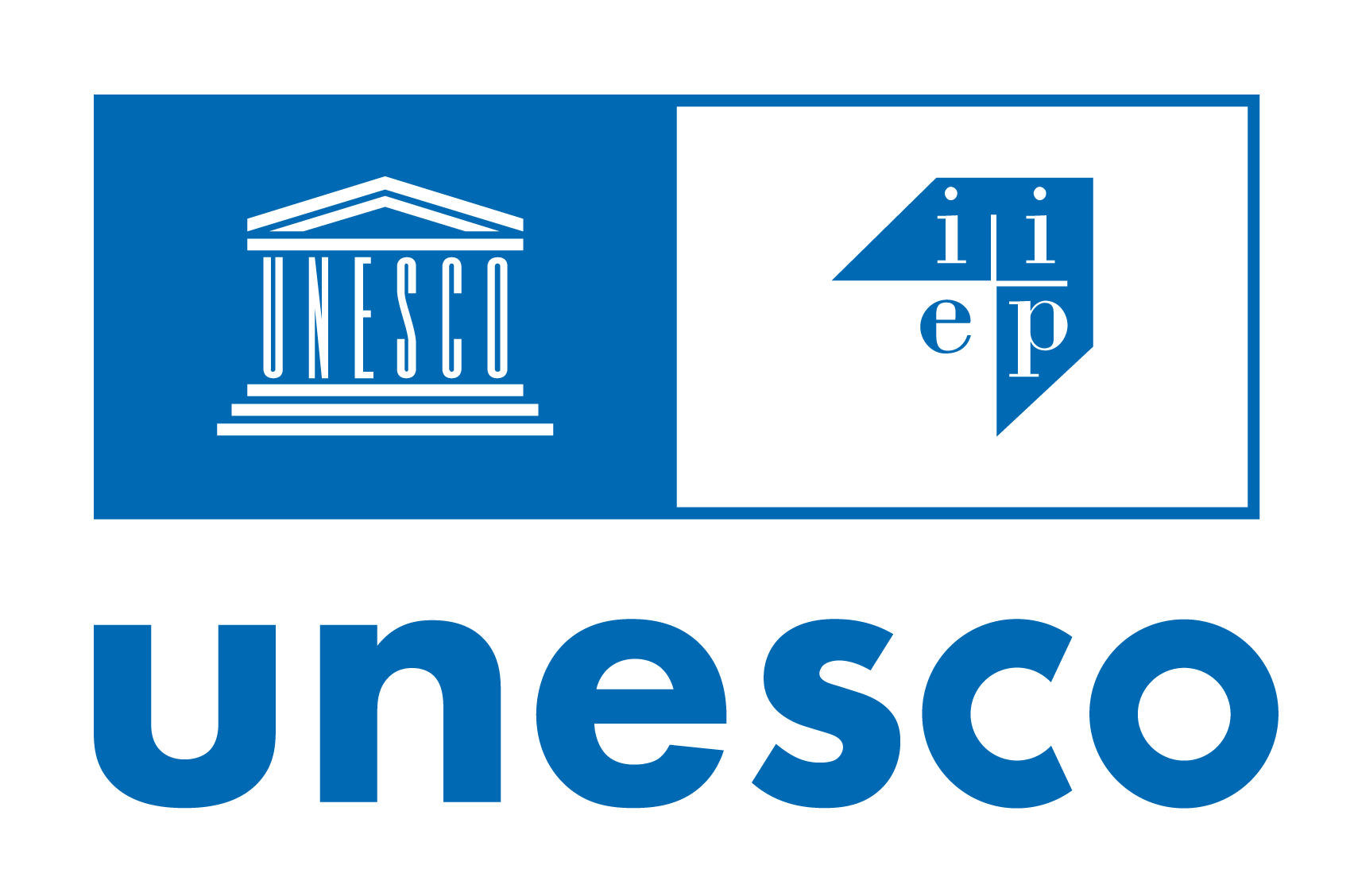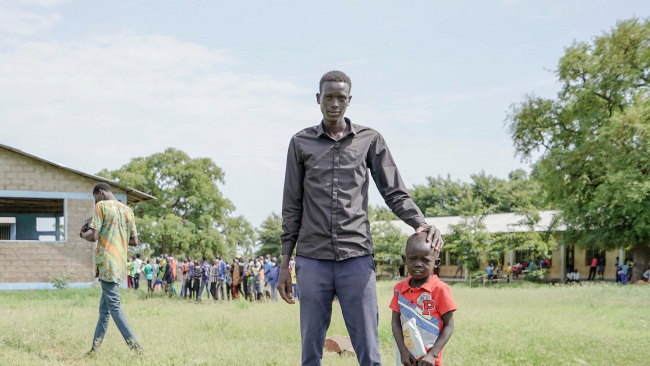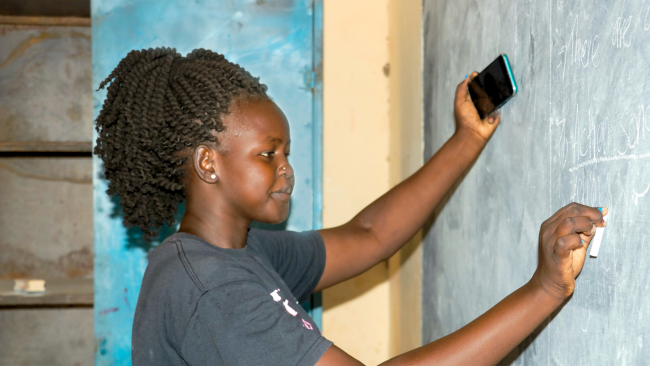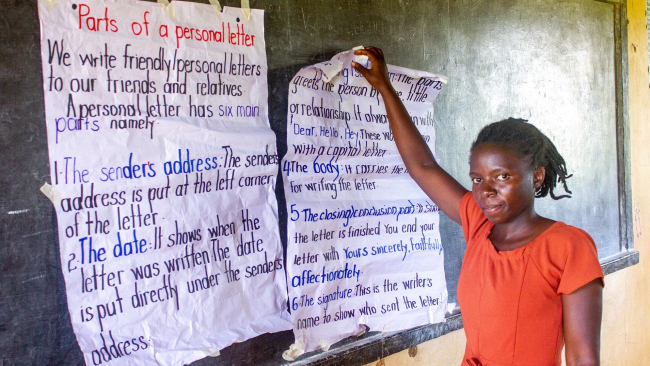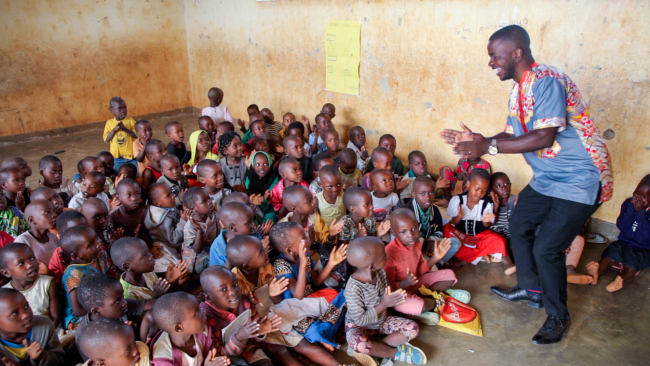This case study examines the role being played by Early Childhood Development (ECD), or pre-primary education, in building peaceful and resilient communities in the post-conflict contexts of Northern and Northeastern Uganda. With UNICEF support, ECD has been a key element of Government of Uganda (GoU) education policy since 2007, recognized in the Education Act of 2008, and its implementation and development has rapidly spread throughout the country. This document is intended to be used by UNICEF staff, implementing partner organizations and other interested practitioners in the education and peacebuilding field. It is hoped that ongoing discussions on the value of Early Childhood Development (ECD) as a tool for community peacebuilding and reconciliation will be enriched by the field observations provided herein. In post-conflict situations, there is a strong desire among survivors and returnees alike to turn the page, to create a new future free from conflict and violence. In this context of renewal, young children become a natural focus of attention and hopes. As the preschool education programmes have become ubiquitous in Northern and Eastern Uganda, there is a need to document the perceptions of stakeholders, and evaluate the direct and indirect ways in which ECD is supporting the transition to peace and sustainable development. It is also necessary to see if ECD might inadvertently contribute to conflict in some way, and how ECD can be improved and made more effective as a vehicle for peace and development. Insofar as possible, the study gives a voice to the individual actors involved. In Uganda, the ECD program is a key component of the Uganda Country Office (CO) Peacebuilding Education Advocacy (PBEA) programme. As other PBEA interventions in Uganda did not lend themselves to case study research at the time of this fieldwork due to programmatic or scheduling reasons, two case studies have been produced on ECD, each with distinct thematic and regional focus: • One case study on ECD in post-conflict North and Northeast Uganda (the present study). Here, the challenge for peacebuilding is to find ways for communities in the North (limited to Gulu and Kitgum districts in the Acholi sub-region) to solve low-level disputes over land with neighbours and in the Northeast (focusing on areas around Moroto and Amudat in Karamoja) to address low-level conflict within poor communities undergoing drought. Peoples in both areas are beginning to see education as having promise for the young upcoming generation as economies reconstruct after the war (North) or transition from sole reliance on cattle-raising to a more diverse but still undefined basket of livelihoods options (Northeast); significant impacts from the programme can also be found in terms of promoting equity of access in a context where ECD has until recently been primarily an urban phenomenon. • One case study on ECD in ongoing conflict (village and district) contexts and emergency (refugee camp) contexts in South-Western Uganda (separate document).
Année
2015
Pages
44
Pays
Type de ressource
Langues
